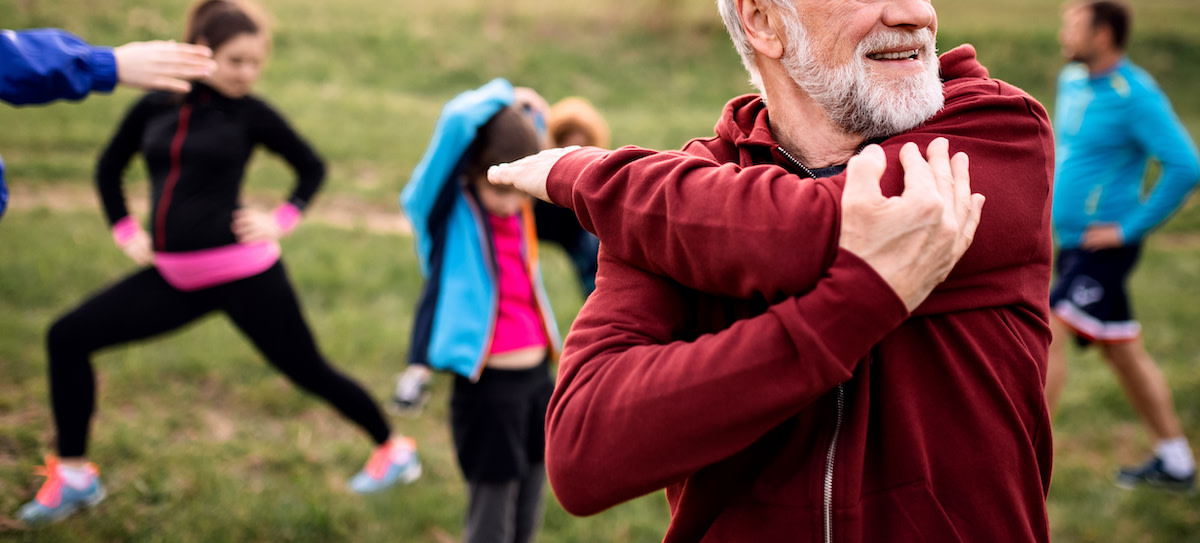Learned Helplessness: How to Overcome Learned Helplessness
Written by MasterClass
Last updated: Dec 9, 2022 • 3 min read
In social psychology, learned helplessness is a behavioral phenomenon in which an individual believes they have no control over a situation. Learned helplessness is the result of repeated exposure to stressors and adverse events.
Learn From the Best
What Is Learned Helplessness?
Learned helplessness is a psychological phenomenon in which a person experiences aversive stimuli over an extended period, leading to a lack of control over situations. Repeated exposure to stressful or negative events can cause an individual to experience feelings of helplessness. Uncontrollable events might include abuse or the death of a loved one.
A person who experiences learned helplessness typically displays a pessimistic explanatory style, meaning they view adverse events as being internal and unalterable. They cannot exercise problem-solving skills to navigate challenges. Learned helplessness can also lead to low self-esteem and further mental health disorders, such as post-traumatic stress disorder and clinical depression.
A Brief History of Learned Helplessness
Research on learned helplessness has origins in the formal study of depression. Psychologist Martin E. P. Seligman began work on Learned Helplessness Theory at the University of Pennsylvania.
Seligman and J.B. Overmier conducted one early experiment, which involved administering electric shocks to harnessed dogs in various groups. The first group of dogs did not receive any shocks. The second and third groups received shocks simultaneously and randomly. The second group, however, could stop random shocks by pressing a lever, whereas the dogs in the third group did not have any mechanism to prevent the adverse stimuli. The psychologists observed the dogs in this final group exhibiting passivity at what they perceived as inescapable shocks.
Seligman and psychologist Steven F. Maier developed the traditional learned helplessness model in 1967, claiming animals learn maladaptive passivity. Later research argues helplessness and a low sense of control is the default. Behavior that stimulates serotonin activity in the dorsal raphe nucleus portion of the brain can help inspire an escape and encourage learned optimism. These recent theories stipulate a sense of control, rather than a sense of helplessness, is learned.
Learned Helplessness Causes
Various situations can cause learned helplessness (or the perception you have no control over a situation), including:
- Abuse: If a victim of domestic violence tries to alert others or leave the relationship or site of harm without success, the victim might become passive about escape or resistance. In some cases, this experience of learned helplessness can lead the person to develop a traumatic bond with the abuser.
- Death or sickness: Experiencing the death of a loved one, or being either the bystander or victim of serious illness, can cause one to develop learned helplessness. A person might feel the grief and adverse effects are outside of their control.
- Social anxiety: People who consider themselves shy or experience social anxiety might continually experience the effects of insecurity and develop feelings these social dynamics are uncontrollable.
How to Overcome Learned Helplessness
Although learned helplessness can feel overwhelming, people can learn proactive behavior patterns to overcome it and develop a greater sense of control over outcomes. Consider the following methods for dealing with learned helplessness:
- Get active. Studies in neuroscience suggest exercise can help combat feelings of helplessness. Movement can also help boost physical fitness and mental health and address health problems related to depression and pessimistic styles of explanation.
- Increase your awareness. Those stuck in a depressive mode or cycle of helplessness might be unaware of their situation. Focusing on times when they were able to affect their experiences and situations can help retrain the brain to understand their self-efficacy.
- Try cognitive therapy. This type of therapy aims to change styles and patterns of negative thinking. Treatment can focus on raising awareness of a client’s past and their ability to affect change.
You’re Worth It
Figuring out what you want to do next and how to get there? Learn how to embrace your passions with a MasterClass Annual Membership and find the grit to take control of your life with exclusive access to video lessons taught by the world’s best, including Robin Arzón, Elaine Welteroth, Hillary Rodham Clinton, RuPaul, and more.
